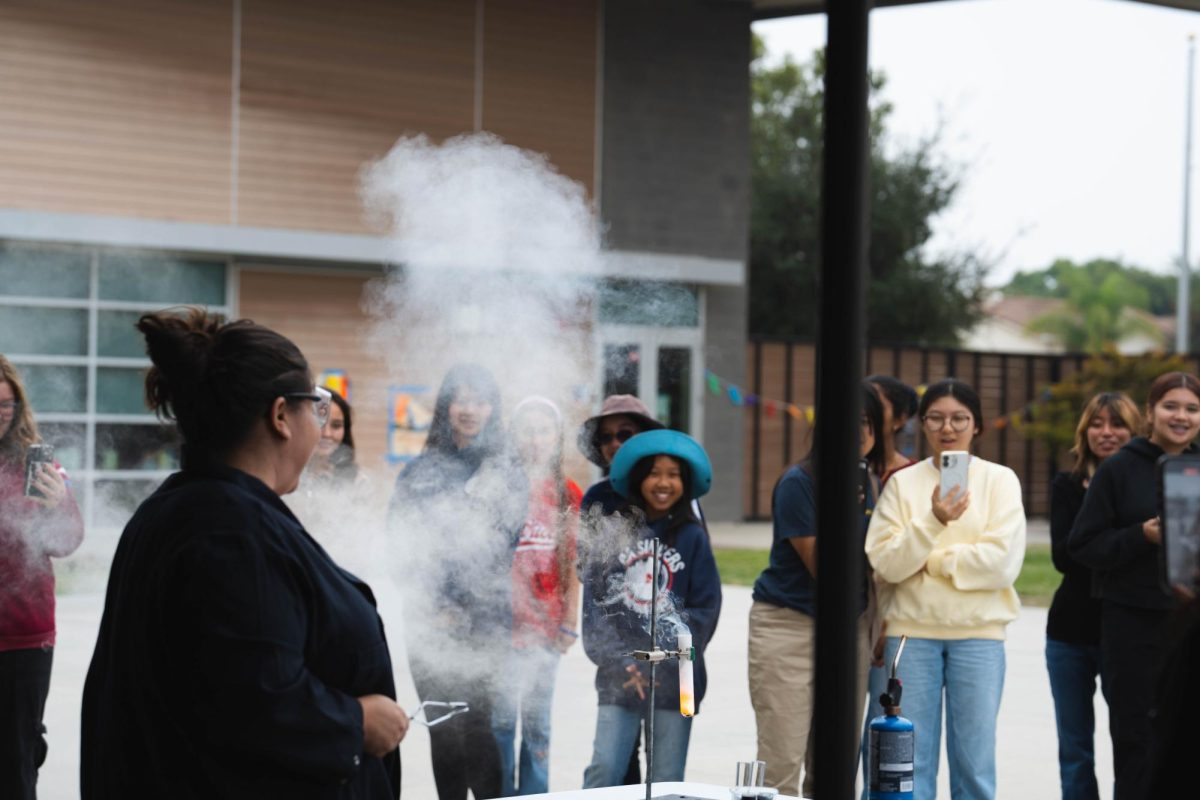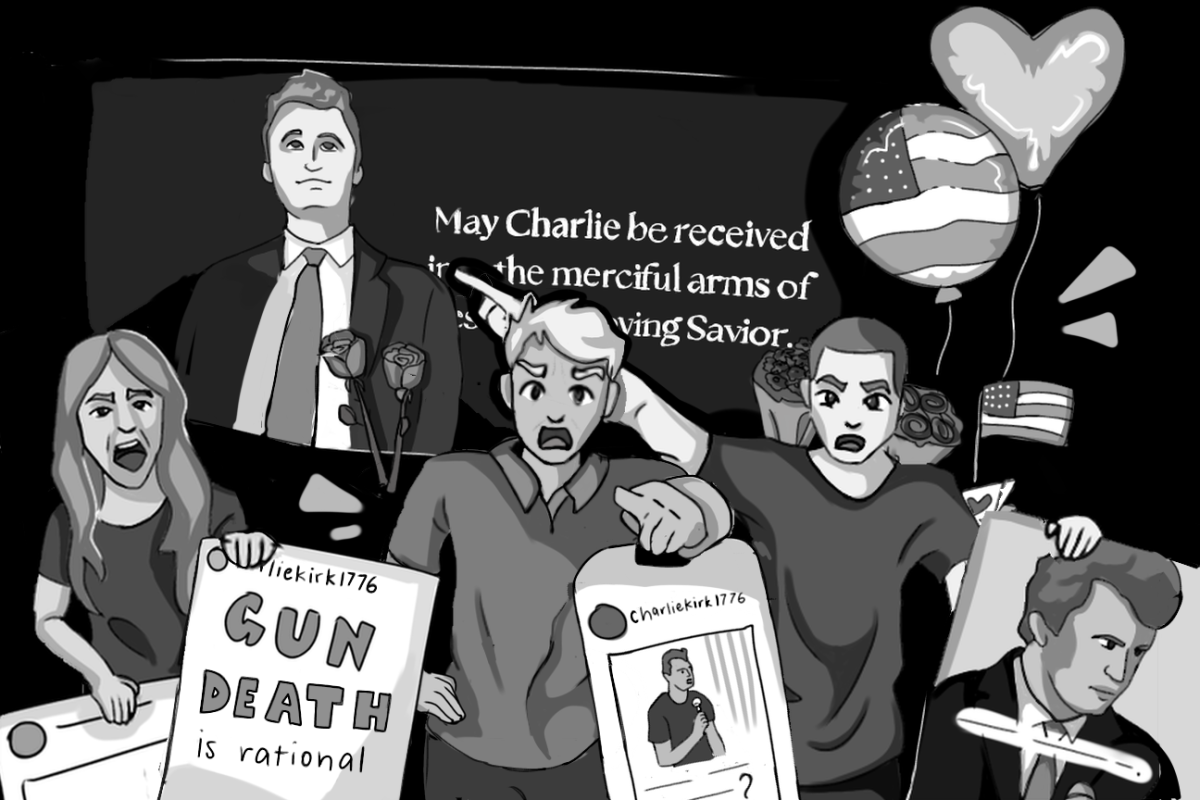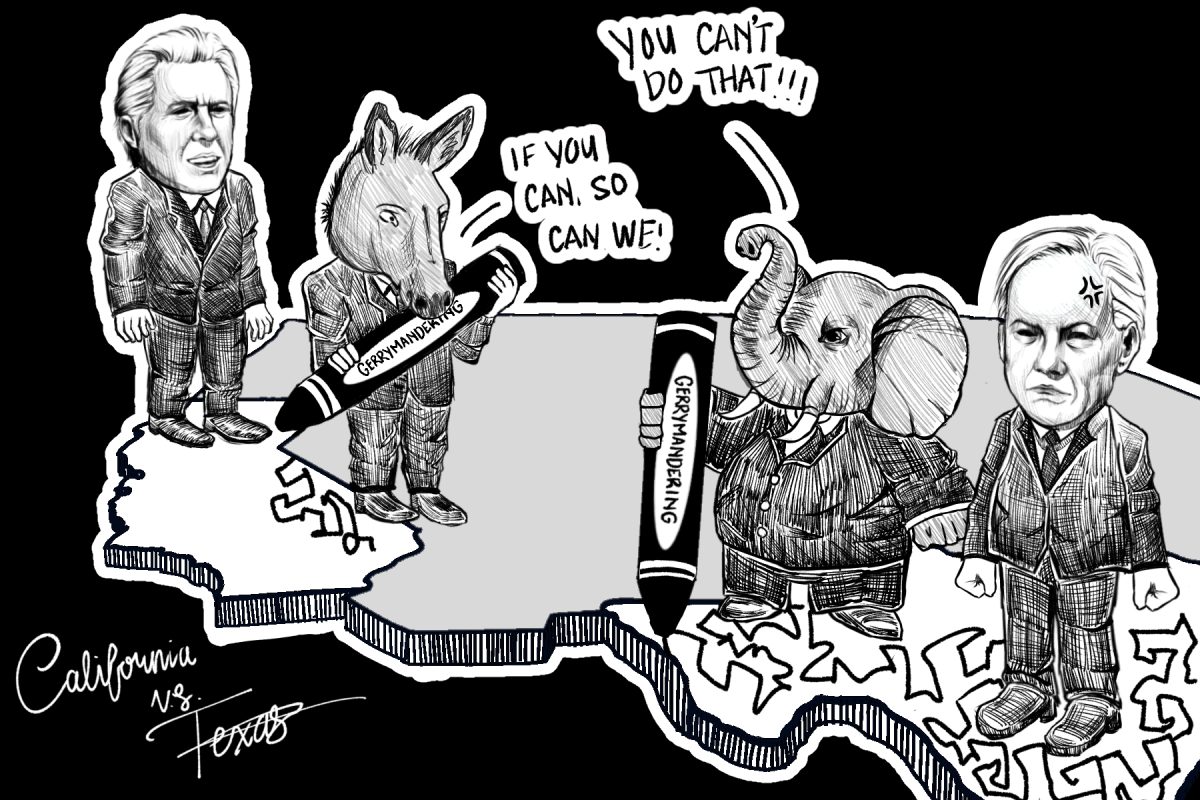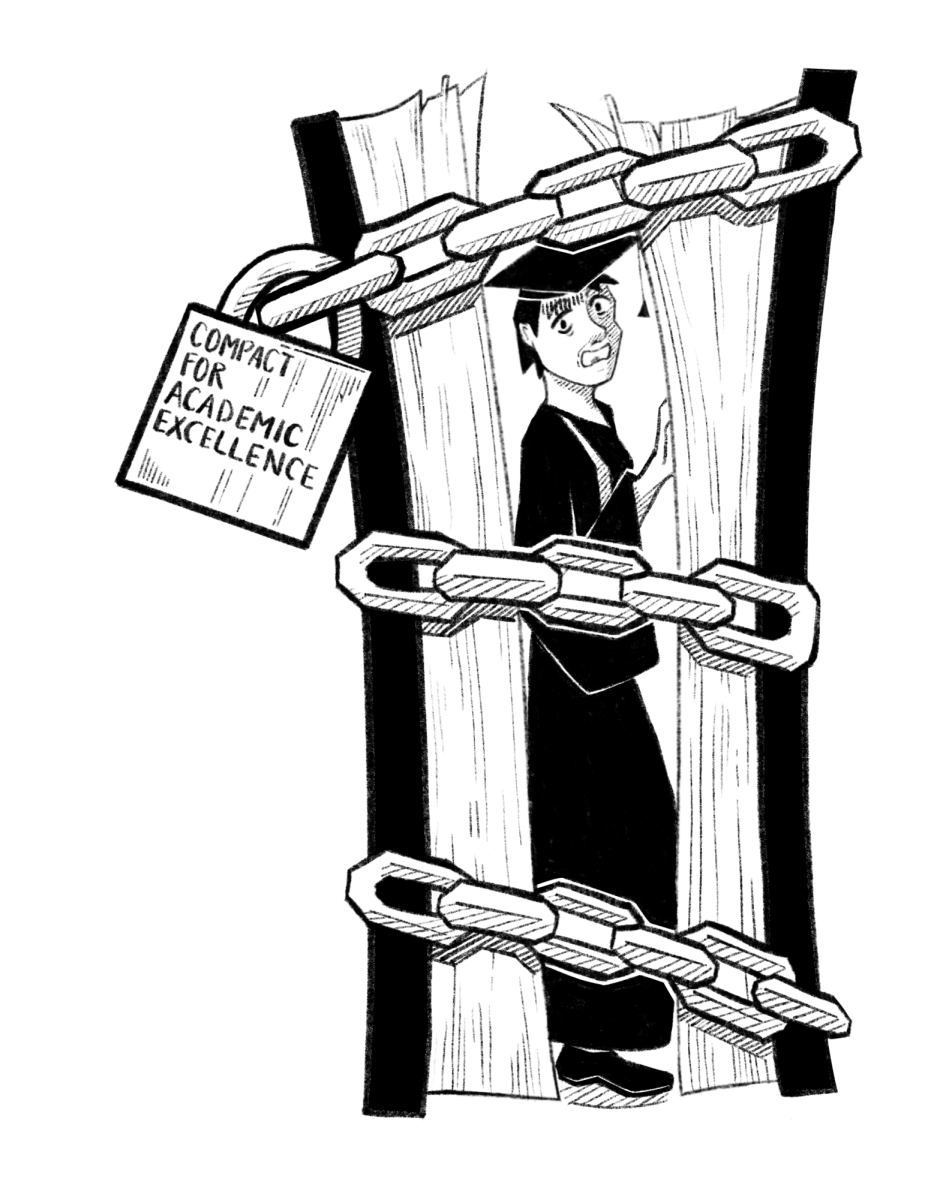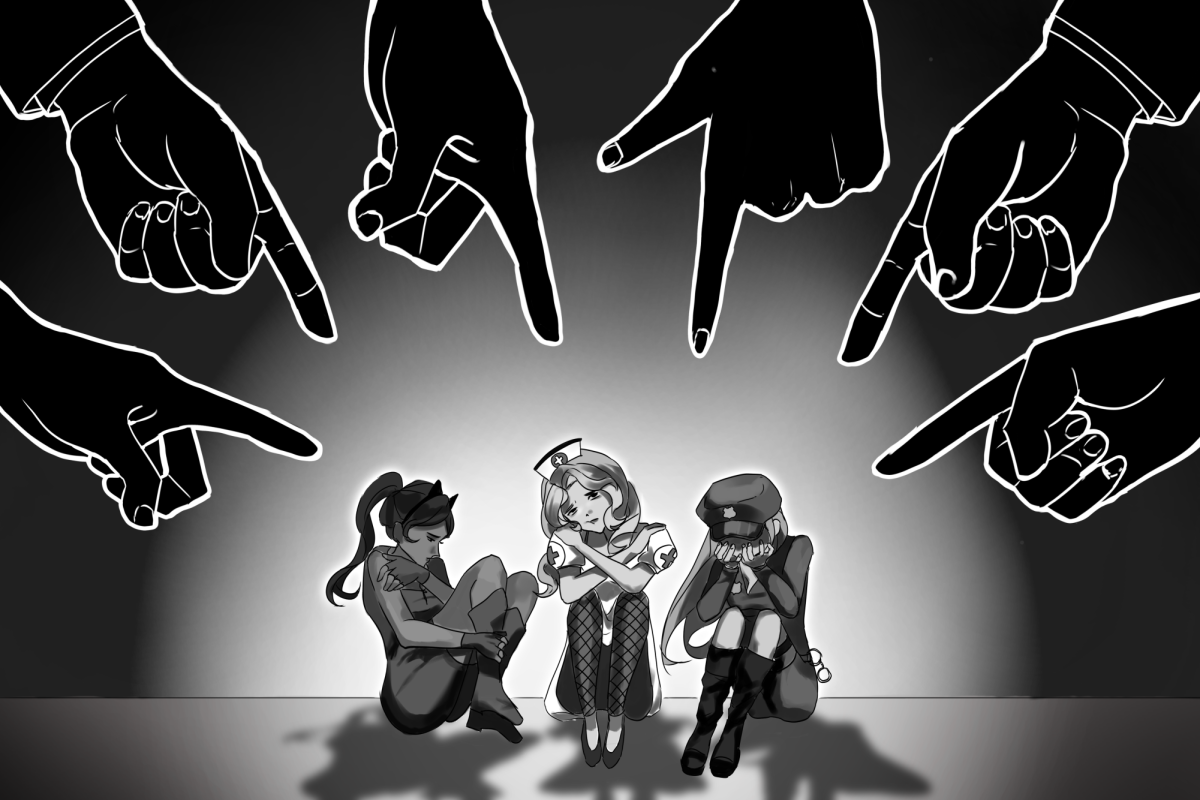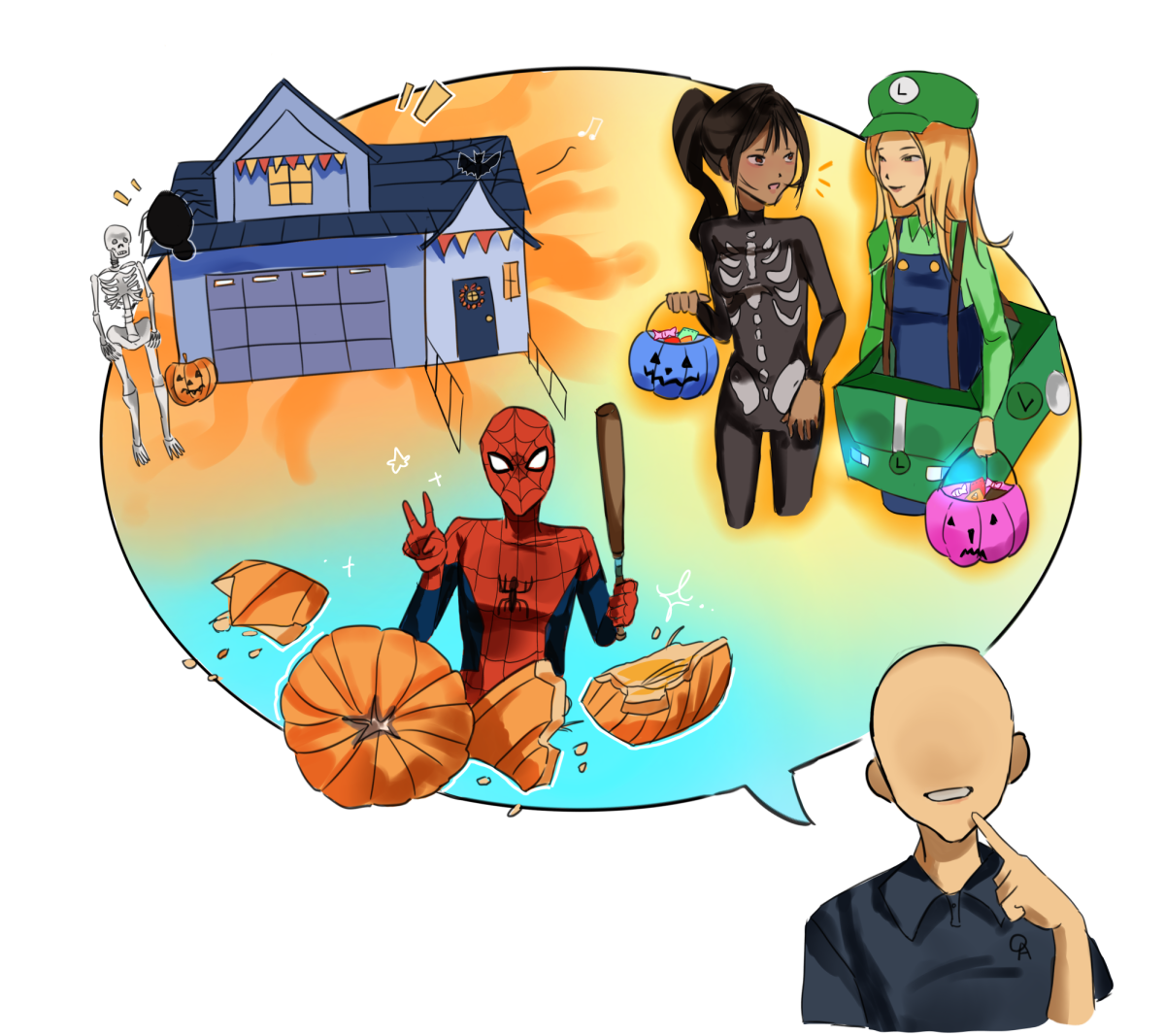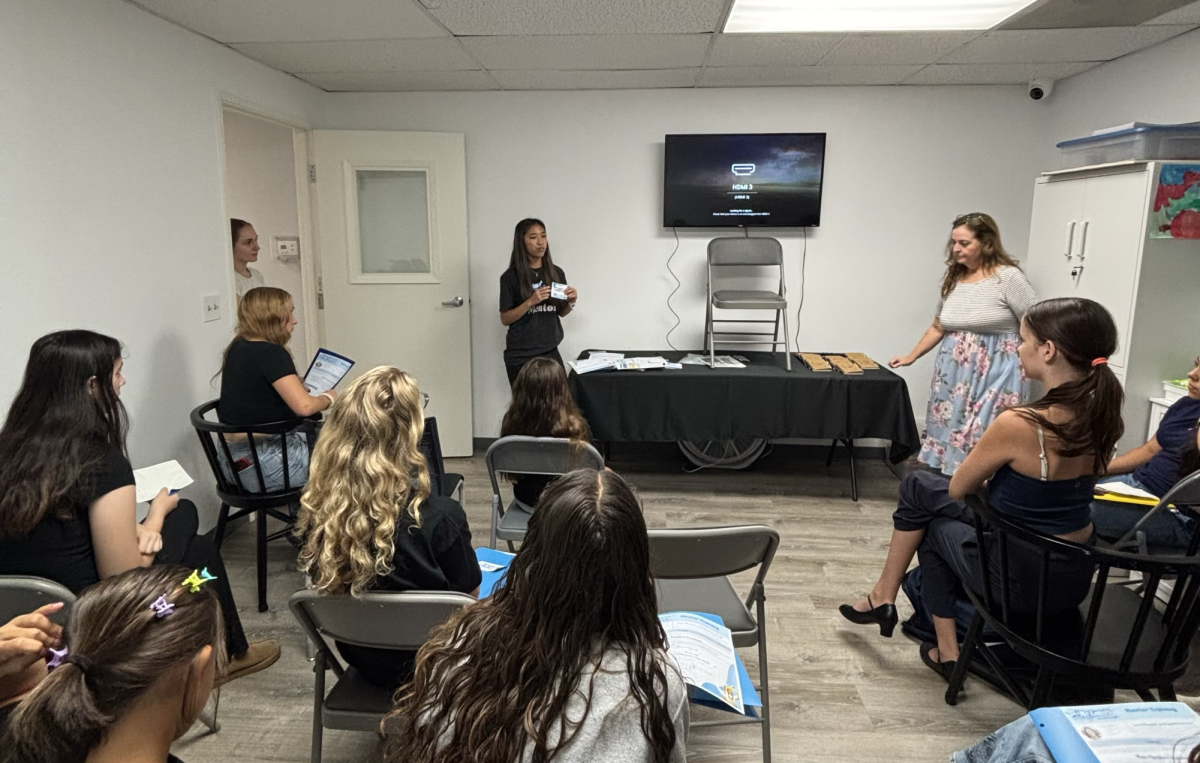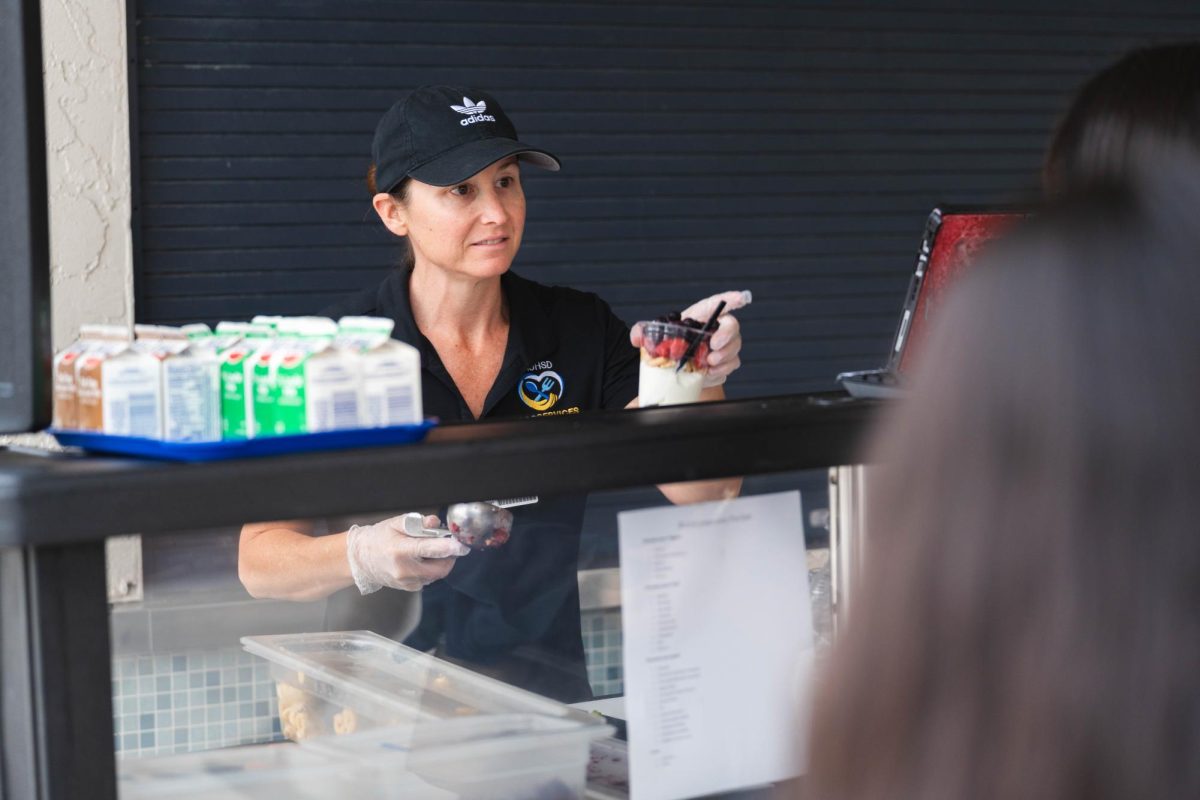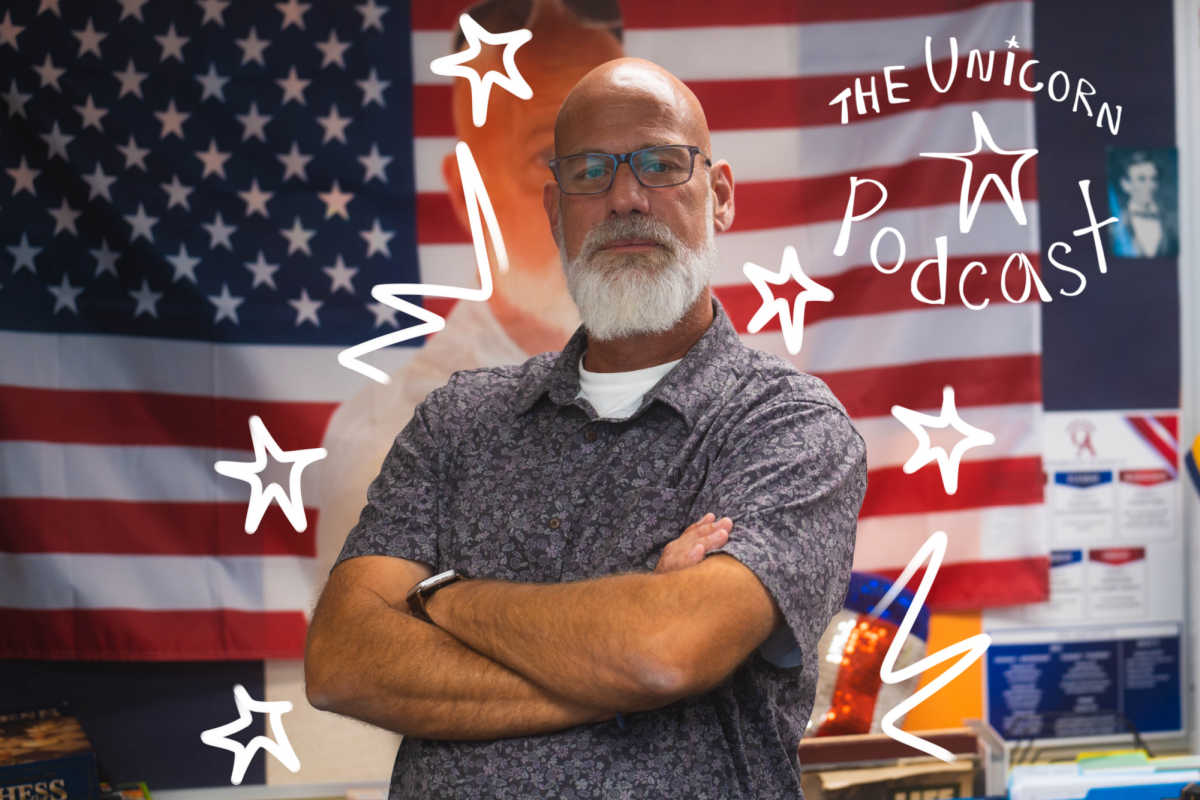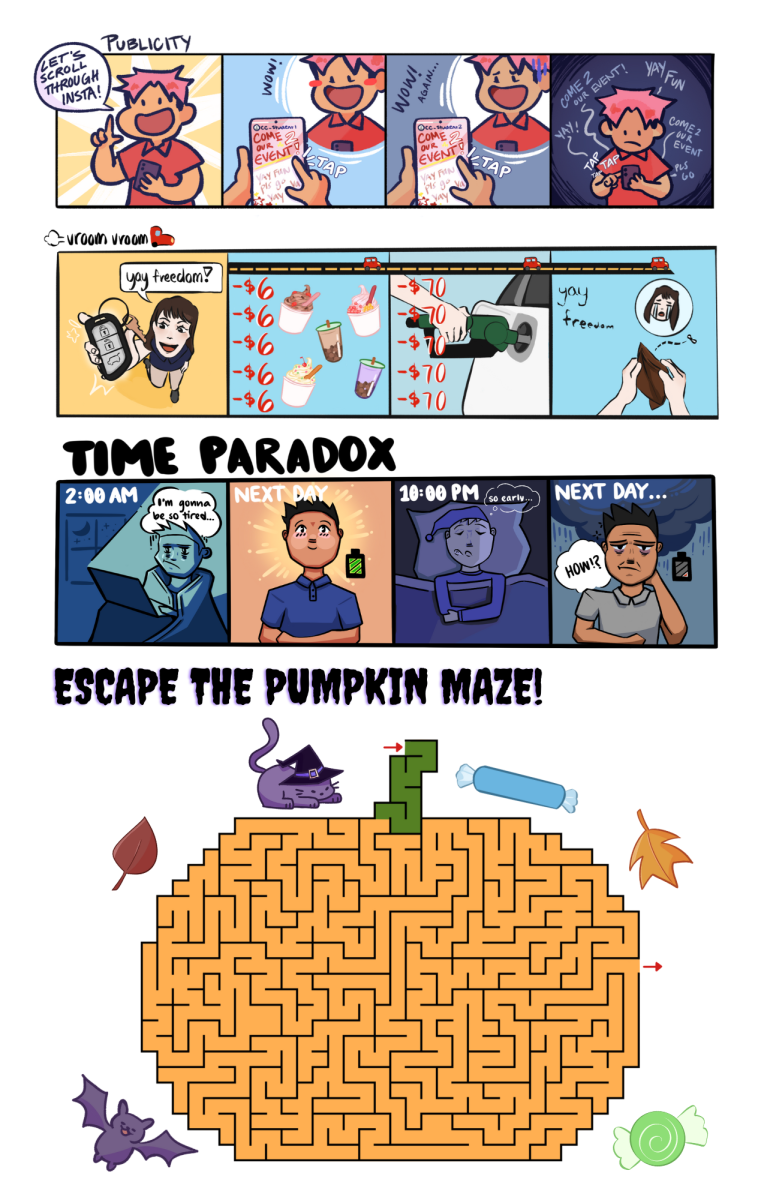In 1989, brothers Lyle and Erik Menendez shot and killed their parents, Jose and Kitty Menendez, after enduring years of sexual, physical, and psychological abuse by their father. More than 30 years later, their story — and trauma — has become source material for Netflix’s latest true crime docuseries, “Monsters: The Lyle and Erik Menendez Story,” an exploitative account of the murders poorly hidden behind a veneer of glamorous 90’s nostalgia and overt sex appeal. Despite heartrending performances from Nicholas Chavez and Cooper Koch as Lyle and Erik, the show is overwrought with disturbing scenes and speculation, sensationalizing the brothers’ suffering for dramatic flourish.
In a statement released on X, family of the Menendez brothers condemned the show as a “grotesque shockadrama.” Later, Erik himself denounced the series, claiming it as a “dishonest portrayal of the tragedies surrounding [their] crime.”
Instead of anchoring the show in the brothers’ perspective, “Monsters” employs the Rashomon effect, a film technique that presents multiple contradictory accounts of an event, leaving the truth up to audience interpretation. While this typically builds nuance in mystery television, it doesn’t in “Monsters”; in a misguided attempt at the effect, the series relies on unsubstantiated theories surrounding the case to manufacture drama and intrigue, overshadowing the trauma that should be portrayed authentically.
The drama leans heavily into journalist Dominick Dunne’s theory that the brothers’ relationship was romantic in nature. Although Dunne’s claims were mere speculation, “Monsters” feeds into them with salacious scenes, like when Lyle abruptly kisses Erik, or when the two are caught showering together in an unnecessarily obscene dream sequence.
The show obscures the hypersexualization of their relationship by underscoring the actors’ sexual appeals, too. Several purposeless scenes depicting the brothers flaunting their muscular builds are meant to distract from Murphy’s obscene portrayal of their relationship. Instead of exploring the traumatic Menendez story, the show focuses on cheap shock value — blatantly disrespecting a relationship that is far more heartbreaking and complex than portrayed.
While an overwhelmingly faulty portrayal of the Menendez story, Chavez and Koch’s performances are the saving graces of the series. In the fifth episode, Koch masterfully portrays a battered Erik, grappling with the fraught shame and unease of sharing his trauma with his attorney). As the shot closes in on Erik, Koch captures Erik’s visceral distress as he recounts his father’s abuse in appallingly graphic detail.
Despite such poignant acting, “Monsters” flails with its sensationalized depiction of the Menendez story that’s more of a cash grab than a true telling of the case. The show should have directed its focus on the complexity of the brothers’ suffering but instead opted for sexual scenes and futile, speculative theories to steer its shallow narrative.





